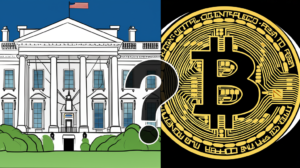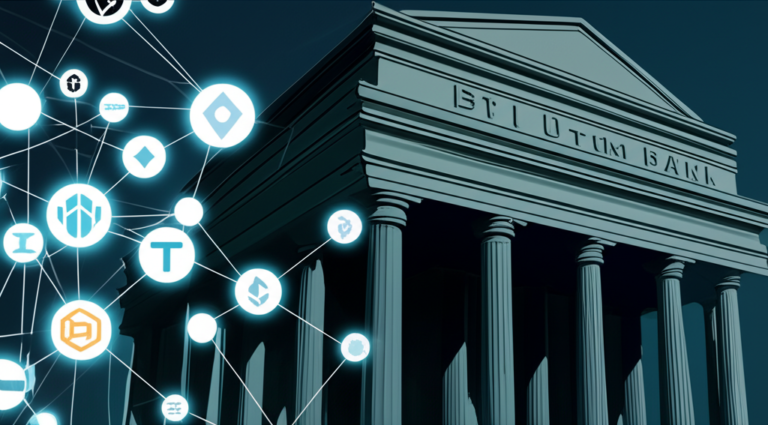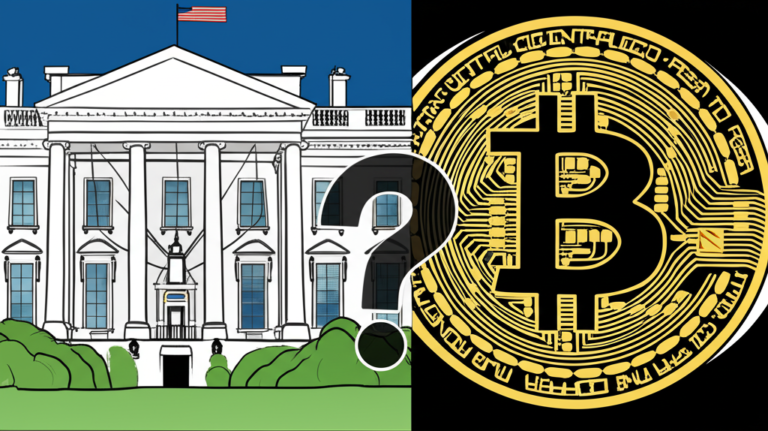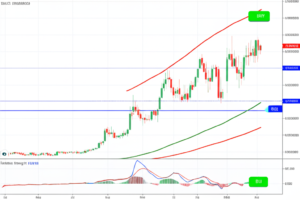Crypto Regulation Stalemate: US Lawmakers Remain Divided on Key Bills
The fourth day of Crypto Week in Washington D.C. highlighted a significant partisan divide on crucial cryptocurrency legislation, leaving the future of digital asset regulation in the US uncertain. While progress has been made in certain areas, key disagreements persist, threatening to stall much-needed regulatory clarity.
The Great Crypto Divide: Republicans vs. Democrats
The ongoing debate centers around several key issues, revealing a deep ideological chasm between Republican and Democratic lawmakers. The focus this week seems to be on three core areas:
1. The Trump Family’s Crypto Connections: A Political Minefield
Reports of potential Trump family involvement in cryptocurrency ventures have injected a highly politicized element into the proceedings. Republicans have been accused of attempting to downplay investigations into these connections, while Democrats argue for full transparency and accountability. This has further exacerbated existing tensions, effectively derailing productive discussions on more pressing regulatory matters. While specific details remain scarce due to ongoing investigations, the issue clearly dominates the headlines and distracts from substantive legislative efforts.
2. Consumer Protection: A Battle Over Oversight
Another major point of contention involves consumer protection in the crypto market. Democrats advocate for stronger regulatory frameworks to safeguard investors from fraud and manipulation, pushing for stricter oversight and enforcement mechanisms. Conversely, Republicans express concerns about overregulation, arguing that it could stifle innovation and hinder the growth of the US crypto industry. This tug-of-war has led to deadlock on several proposed bills aimed at bolstering consumer protection. Some estimates suggest that billions of dollars have been lost to crypto scams in recent years, further fueling the urgency for stronger regulations.
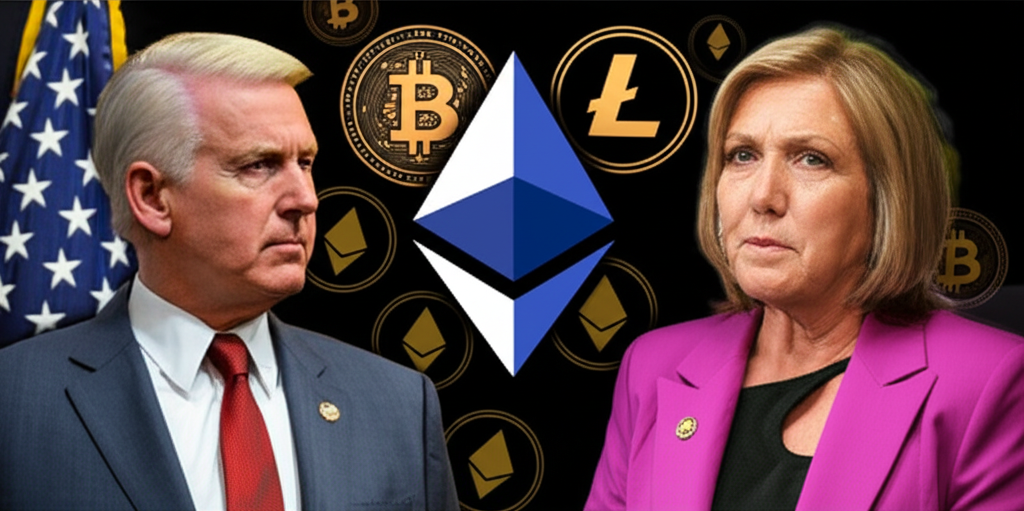
3. Stablecoin Regulation: The Fiat Backing Debate
The debate on stablecoin regulation is proving particularly thorny. Democrats are pushing for mandatory backing of stablecoins with fiat assets (like the US dollar) at a 1:1 ratio, arguing this would enhance stability and prevent systemic risk. Republicans, however, advocate for a more flexible approach, suggesting that relying solely on fiat backing could stifle innovation and limit the potential of alternative collateralization methods. The disagreement here hinges on the fundamental philosophy of regulation – a conservative, risk-averse approach versus a more laissez-faire, innovation-focused stance.
The Road Ahead: Uncertainty and Impasse
The ongoing disagreements threaten to significantly delay the implementation of comprehensive cryptocurrency legislation in the US. The lack of bipartisan support makes the passage of key bills increasingly challenging, leaving the crypto industry in a state of regulatory limbo. This uncertainty could deter investment, hinder innovation, and potentially harm the long-term growth of the US cryptocurrency ecosystem. The coming weeks will be critical in determining whether lawmakers can bridge their differences and find common ground.
Summary:
- Deep partisan divisions are hindering progress on crucial crypto legislation in the US.
- Disagreements center on the Trump family’s crypto ties, consumer protections, and stablecoin regulation.
- Republicans and Democrats hold opposing views on the level of government intervention needed.
- The lack of bipartisan consensus threatens to stall critical regulatory reforms, creating uncertainty in the market.
- The ongoing political wrangling risks hindering innovation and deterring investment in the US crypto sector.



